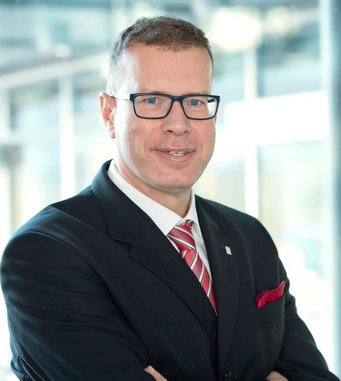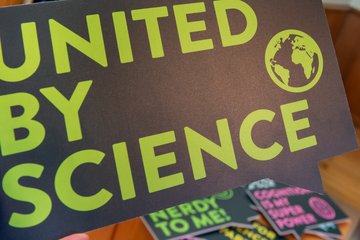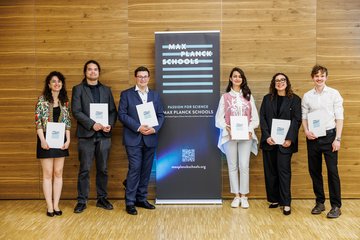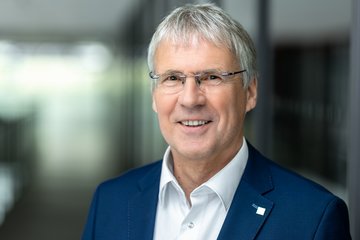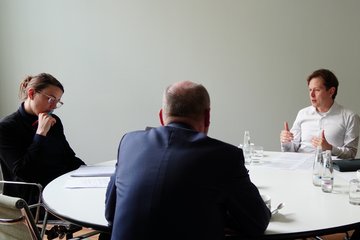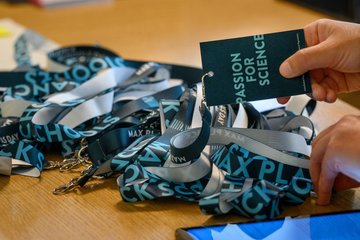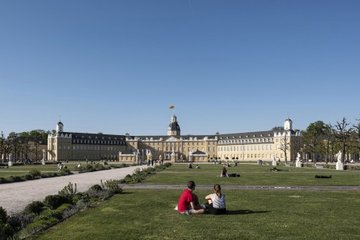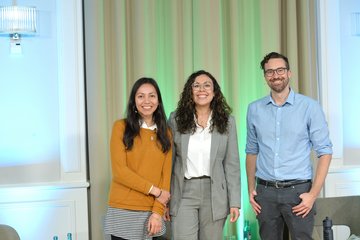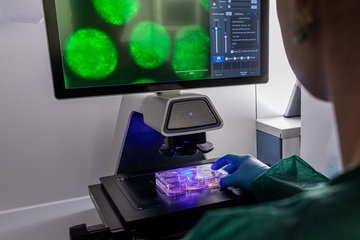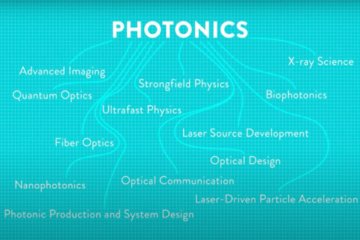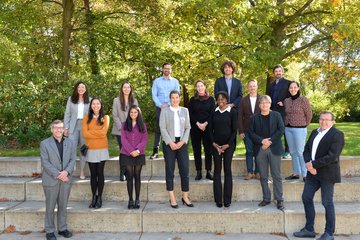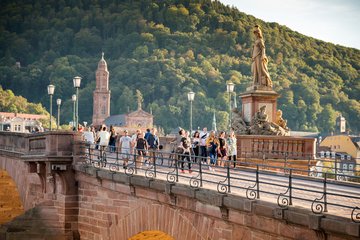Light connects
As a graduate school bridging disciplines, locations and facilities, the Max Planck School of Photonics (MSPS) defines a Germany-wide network of excellence in order to recruit the best junior scientists from Germany and abroad. In this interview, Andreas Tünnermann, Professor at the Friedrich Schiller University in Jena, Director of the Fraunhofer Institute for Applied Optics and Precision Engineering IOF, and Spokesperson of the MPSP, talks about the Schools’ curriculum, which focuses on excellent, research-oriented education and training and which consequently opens up perspectives for graduates in the fields of science and business.
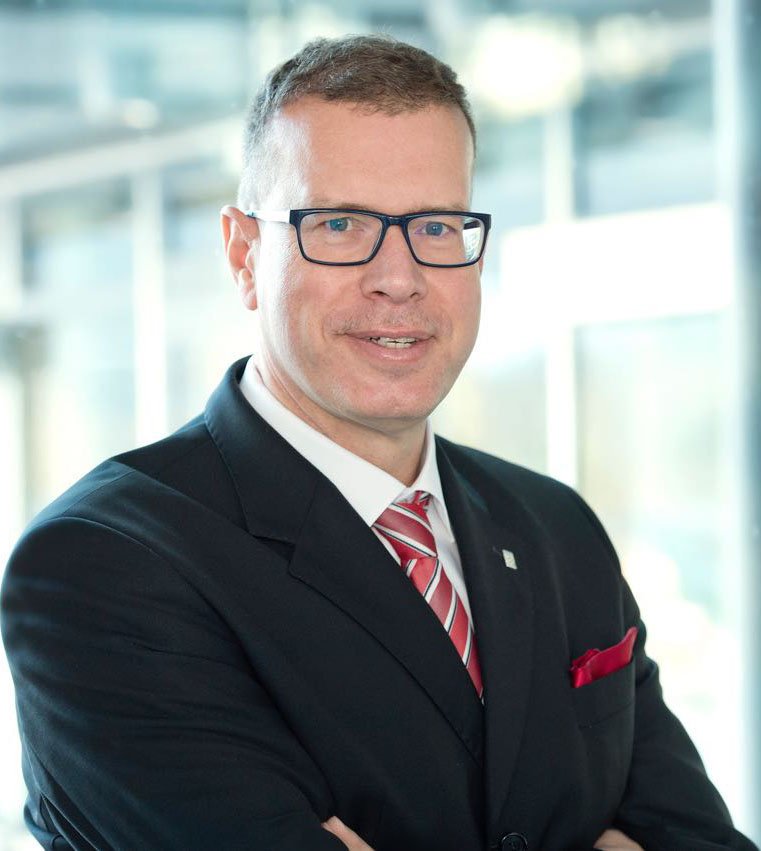
The Max Planck School of Photonics brings together scientists from seven research facilities – how have these partners found each other?
Andreas Tünnermann: We used citation indices and literature databases to analyze which of the scientists in Germany have the highest profile in their field. This is how the MPSP came to encompass these seven locations. Every single one of them has outstanding colleagues who enjoy international renown in a specific area of photonics.
Special emphasis is given to three locations – Jena, Erlangen and Karlsruhe. How will the network function for the students?
Andreas Tünnermann: The School offers a doctoral programme that is closely linked with ongoing research, and it is also possible to study for an integrated Master's degree in photonics. For the students in the Master's phase, we can build on established courses at the three locations in Erlangen, Karlsruhe and Jena. These are very closely linked. Students can attend lectures at each of them, for example, some of them as block courses or webinars. We are also planning comparable events for students who start immediately with doctoral studies. One important component is the double supervision provided during the doctoral phase. Here students will be expected to carry out research in their first supervisor’s working group and spend a few months working with their second supervisor in the lab.
How else will added value be created?
Andreas Tünnermann: This is inherent in the wide scope covered by the research topic of photonics. Our fellows research the control of light on all scales, develop new scientific methods, and use them to investigate and develop materials or structures. We want to open up new possibilities for controlling both very short-wave and very long-wave light – from x-rays to microwave radiation. For this, we have to research and develop suitable optics, for example. The necessary solutions will be created across locations in the network.
How did the Fraunhofer IOF come to play a leading role in the Max Planck School of Photonics?
Andreas Tünnermann: Light is a universal tool, while the interdisciplinary nature of photonics and their function as an “enabling technology” makes this field highly suitable for the concept of the Max Planck Schools. It also offers visionary targets for young scientists. Photonics are omnipresent in both business and science. Seven of the Nobel Prizes awarded in recent years were closely connected with photonics. Moreover, photonics are an applied research direction with great social and commercial significance. This is where I came in. It was logical that the spokesperson representing the topic together with Max Planck colleague Gerd Leuchs had to be someone who is exceptionally well connected in the community – both in science and in business.
How many students do you expect over the next few years?
Andreas Tünnermann: During the set-up phase, 20 students will be admitted to the integrated Master’s programme each year, while around 40 will be admitted directly to the School's doctoral programme. Once we have stabilized after the set-up phase, we expect to have around 40 Master’s students and around 120 doctoral students.
The curriculum will be finished in August. What can you say about it so far?
Andreas Tünnermann: Everyone in the network will be contributing their experience and expertise. This means we are building on what already exists and supplementing it with components that will provide added value for students at the Max Planck School. Students in the Master's phase will have a special supervision system, for example. This is based on the British and US system of tutors who provide very close supervision for study groups, which is not possible with the large classes usually found at universities. We are also planning special lectures to deepen the students’ knowledge; however, these will be integrated into the study programme to keep their workload within reasonable limits.
When the application phase starts in the autumn, what will you offer applicants to encourage them to decide in favour of the Max Planck School?
Andreas Tünnermann: We already have a detailed curriculum. From this, students will be able to see the course contents and the added value offered by the School. One of our priorities will be to bring together students from different cultural areas and varying study backgrounds.
How will the students be allocated? Do I have to apply for a specific location, for example, or will I be matched on the basis of my application?
Andreas Tünnermann: Both. Students in the Master’s phase can express their preferences. These will be taken into consideration in cooperation with the study coordinators at the three locations and the Max Planck School coordinators, while individual strengths and subject-related interests will be used as additional criteria when allocating students to the three main locations. Students who start directly with the doctoral phase can apply on the basis of doctoral topics defined by each of the fellows beforehand. Applications are submitted in writing through an application portal. Interviews are held after we have taken a first look at the documents. Afterwards, we invite the candidates to so-called “matching days”.
Do you already know which projects could be of particular interest to the students at the School?
Andreas Tünnermann: The projects will be interdisciplinary. They will include the development of imaging procedures for the life sciences or new instruments for observing the Earth and monitoring the environment, for example. Another very exciting area will be research into instruments and methods that can be used in quantum technologies or to prove the existence of gravitational waves, to name just a couple of examples.
What appeals to you most about the speaker's role?
Andreas Tünnermann: We believe that this new graduate education instrument will help us achieve exceptionally high levels of international visibility while continuing to advance networking within the community. I am also excited by the opportunity to bring the best of the best to Germany for doctoral studies and also to help them become established in Germany after they have finished their education and training.
The interview was conducted by Beate Koch
